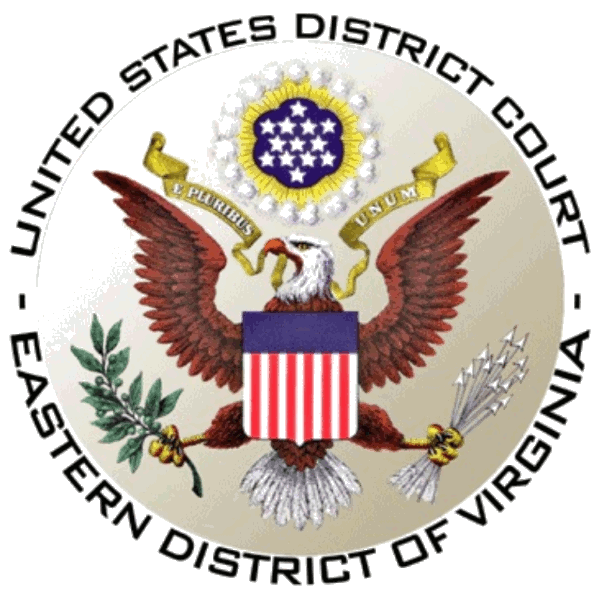This post was originally published on Forbes Oct 22, 2015
Lesley West, Peter West and John West were the executors of the estate of their mother (June West). The estate got hit with pretty nasty late file/late pay penalties – $317,821.05. The executors were in district court seeking a refund, because they thought they had a reasonable cause for being late. Things did not go well for them.
“need to pay final bills, and…possibly file a Federal Estate tax return, final 1040, and a trust income tax return.”. Rodgers went on to explain that “his all takes as short as a few months or (if an estate tax return is required) as long as years.” The following day, Peter West, again via email, responded that he was “sure there will be tax due” on the estate and that he “assume” that John Renner, the accountant hired to do June West’s 2009 taxes, “would also take care of preparing estate taxes.”
In November, Peter West met with his siblings around Thanksgiving and thereafter emailed Rodgers inquiring as to what plaintiffs “need to do next in order to start work on the estate taxes.” Rodgers interpreted this question as Peter West’s hiring him to prepare the estate taxes, and Rodgers began work preparing the estate tax return in December 2010.Rodgers was not concerned that the deadlines had already passed and he never mentioned this fact to plaintiffs, as he mistakenly assumed that Renner, the accountant, had obtained the appropriate extensions, as Peter West had earlier advised Rodgers that Renner would “take care of preparing estate taxes.”
This is the part that is a little difficult to understand. The final income tax return of the decedent (Form 1040), the estate’s fiduciary income tax return (Form 1041) and the estate tax return (Form 706) interact with one another in a variety of ways. Ideally the people doing these things need to coordinate. And if I were hired to prepare a return that I “assumed” had been extended, I would be inclined to ask for a copy of the extension, but maybe that’s just me.
Rodgers prepared the return and informed the Wests that the federal estate tax due was $1,258,019. Lesley West filed the return on March 28, 2011 (Which I think would have been spot on timely if there had been an extension, since the 27th was a Sunday. Although frankly, I tend to avoid cutting it that fine on things like this.) Regardless the estate was hit with $275,032.72 in late file and $42,783.33 in late pay penalties.
Simply put, Rodgers’ January 4, 2010 email to Peter West was not legal advice as to the date of a filing or payment deadline. The language on which plaintiffs seize is Rodgers’ comment that “his all takes as short as a few months or (if an estate tax return is required) as long as years.” This is insufficient as a matter of law to constitute legal advice as to tax filing or payment deadlines for several reasons. First, nothing in the record indicates that plaintiffs ever asked for a deadline, even before the January 4 email was sent. Indeed, Peter West’s January 3 email that prompted Rodgers’ January 4 response email simply asked what needed to be done in the “short term.” Thus, Rodgers was clearly not responding to a request for specific information about a deadline. Moreover, the email does not contain the language characteristic of advice as to deadlines, e.g., “pay by,” “due on,” or “file within.” Finally, there is no objective basis to determine from what date Rodgers would even calculate a two-year deadline.































































































